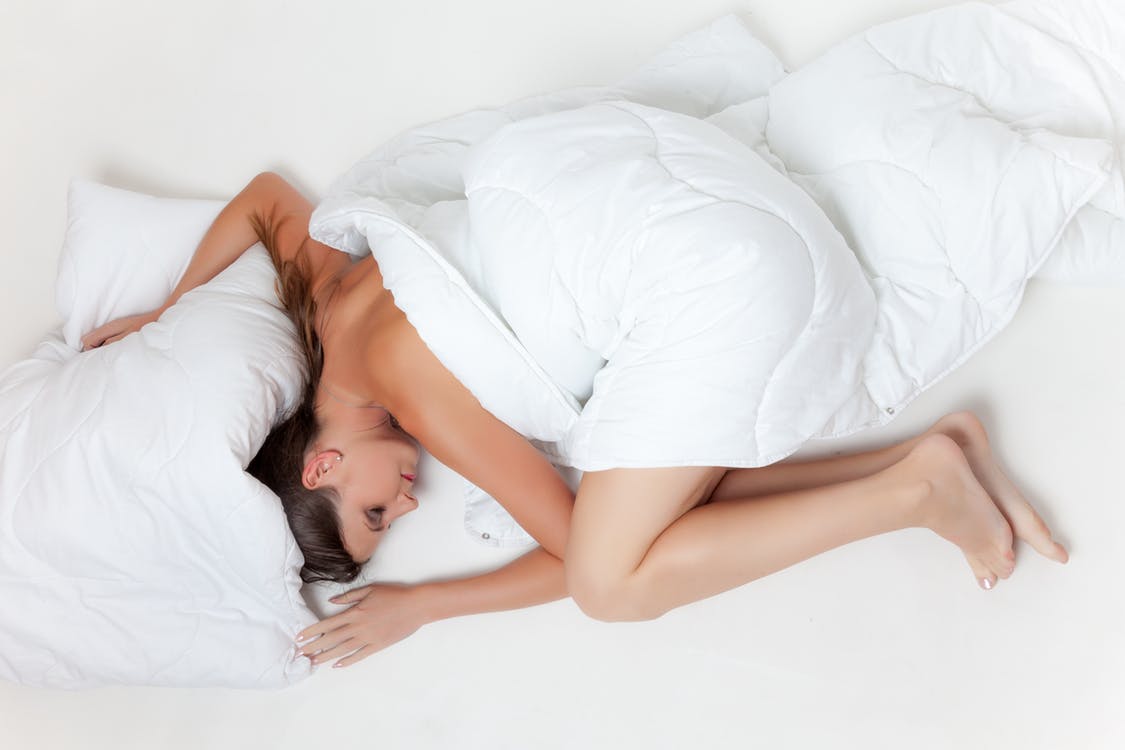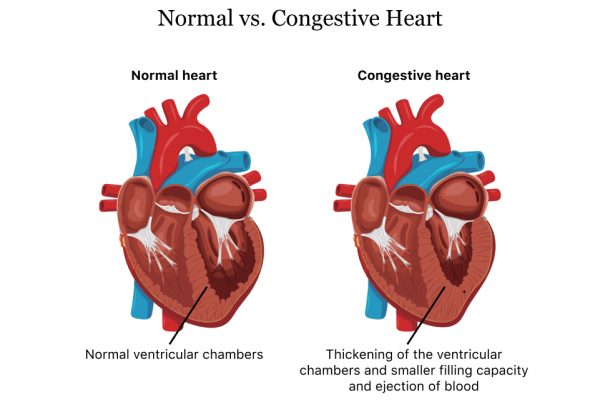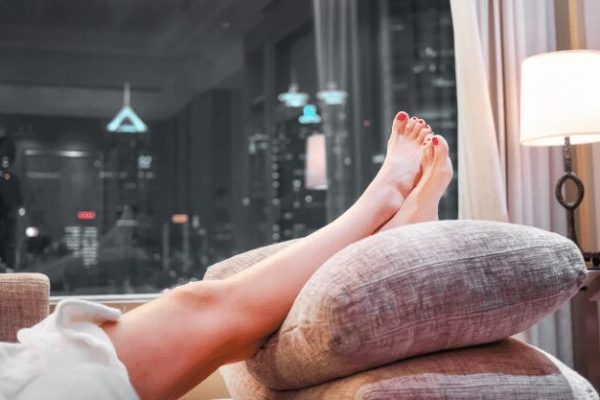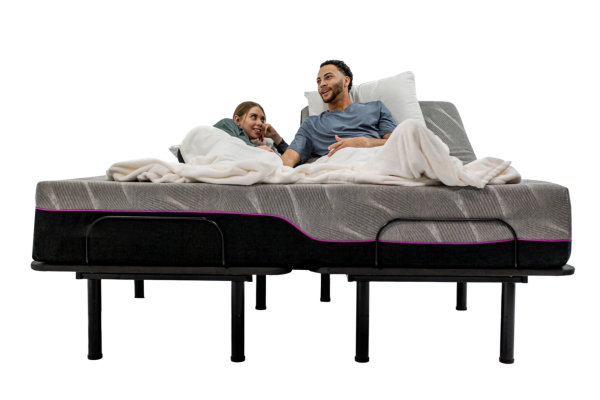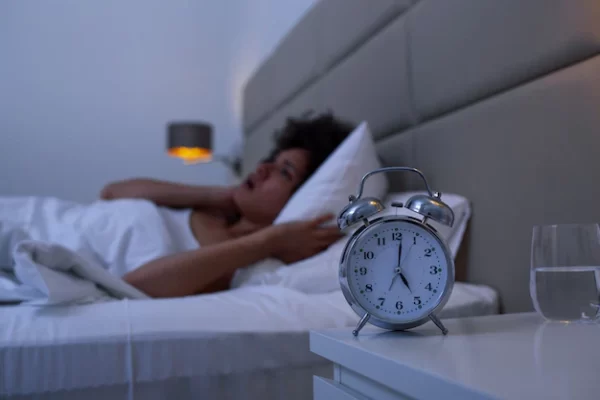Have you ever said no to going out with your friends and justified it by telling them you needed your “beauty sleep?” One thing about beauty sleep is that you cannot say these words with a serious face. Why? Well, it’s because we all know it’s a joke, right… but is it?
Actually, there is quite a bit of scientific and factual data saying that so-called beauty sleep is a very real phenomenon! Some authors even state that sleep is the closest thing to the fountain of youth we’ll ever come across!
BUT…
You need to make sure you sleep for at least 7-9 hours a night, anything less than that won’t make such a profound impact. Not only that, sleeping for less than 6 hours every night can have an adverse effect on your overall complexion and skin health.
OK, so now we know that sleeping for an average of 8 hours per night can boost the appearance and the overall health of our skin. But what are some of the specific benefits you’ll notice after regulating your sleeping patterns?
In the following paragraphs, we’ll be listing just a few:
Table of Contents
Radiant Glowing Skin
Who knew that the secret to a glowing complexion and radiant, healthy skin was a good night’s sleep?
Don’t believe me? Try, and I mean really try, to get at least 7 hours of sleep in the following 2-3 weeks. If possible, try to keep a photo journal (taking one picture every night before you go to bed). I bet you; you’ll see a significant change in your skin tone at the end of this 3-week period (probably even sooner)!
So, how exactly does sleep help our skin?
Well, sleeping is the time our body heals and rejuvenates itself. Depriving it of sleep will increase stress hormones within our body and cause an increased inflammatory response. This constant state of inflammation will lead to the breakdown of collagen and hyaluronic acid, the very molecules that give our skin its glow and elasticity.
The Reversing Of Skin Aging Process
As we age, our skin ages right along with us. That’s a natural aging process we cannot influence – we start noticing lines and wrinkles that were not there before, our skin becomes thinner and starts losing its elasticity.
But during the night, our hormones promote the skin rejuvenation process and help repair the damaged skin cells.
Failing to engage in a deep, restorative state of sleep will allow these minor (reversible) changes to accumulate over time and result in more noticeable signs of skin aging!
Reducing Puffiness Around The Eyes
Puffy eyes, combined with dark circles, are one of the very first signs our body need more sleep!
Puffiness in the skin around the eyes usually means you have an excessive accumulation of fluids within your body. And, since the skin is thinnest around our eyes, the swelling is quite prominent.
The best course of action to reduce this swelling and dark circles, besides getting enough sleep, is to keep yourself hydrated and try to elevate your head while your sleep (using an extra pillow).
Skin Care Products Will Work Better
Have you ever bought a facial cleanser, skin toner, or a moisturizer based on a friend’s recommendation? They swore by it, told you it was the best thing they ever tried on their face; but once you bought and tried it, nothing happened…
Well, your irregular sleeping pattern might be to blame here. As we already discussed earlier, sleep will help your skin rejuvenate and improve blood circulation.
Improved blood circulation will allow your skin to absorb better and make use of all the skin care products you use just before going to bed (or during the day). This is especially apparent in the later years when our skin is not as receptive as it once was!
Tips For A Better Sleep
Getting enough sleep is sometimes easier said than done. Here are some of the top tips you can use to help you sleep better at night:
- Establish a clear routine – make sure you start going to be at the same time each night. Though this may be challenging at first, later down the road, it will help you regulate your sleeping patterns and improve the quality of your sleep.
- Leave your digital devices in another room – reaching for your cell phone will inevitably disrupt your sleeping pattern and before you know it, you’ll be browsing cute cat videos at 1 AM and kissing your restorative sleep goodbye.
- Change your sheets – this goes without saying, but you need to change your sheets regularly. Aim to change it at least once a week.
- Drinking – drinking water before going to bed is perfectly fine, drinking alcohol not so much. Alcohol may disrupt the REM stage of your sleep and prevent you from functioning optimally the next day.

